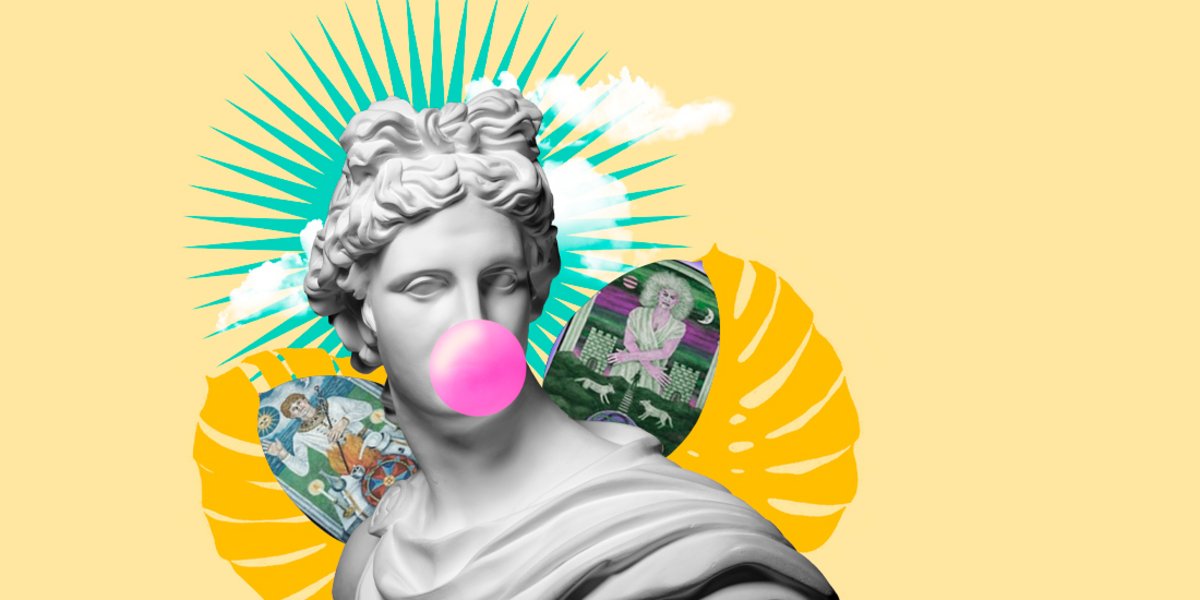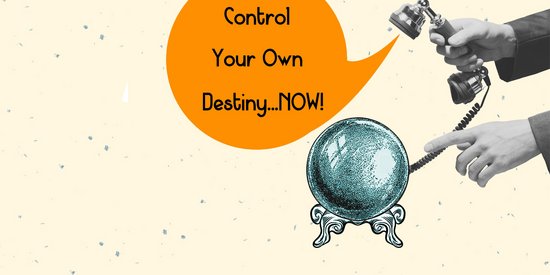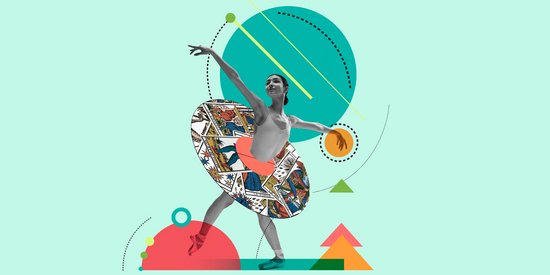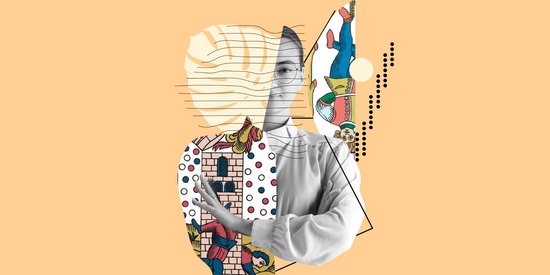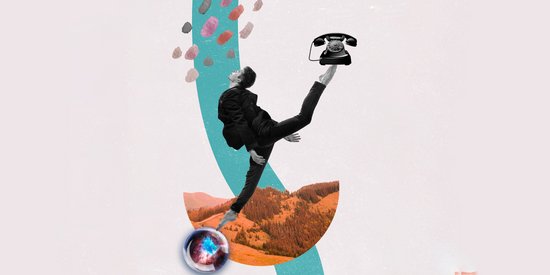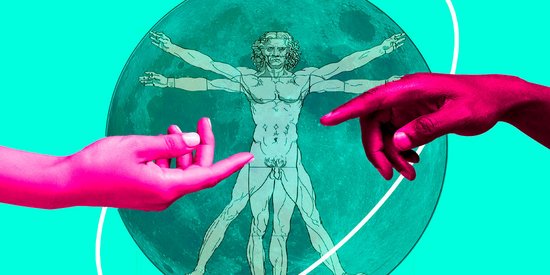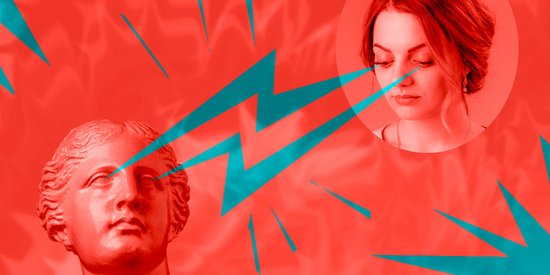The famous Swiss psychiatrist and Doctor Carl Gustav Jung, founder of analytical psychology, devoted himself to the study of various ancient oracles such as the Tarot and the I Ching, then he became very interested in the Tarot of Marseille for a long time. We can find many very interesting references to the Tarot in his notes, and references to the archetypes of the Tarot, although he did not expressly link the Tarot to his official works.
In this article, we'll cover some of his story and his take on the archetypes, but we'll also try to give you a simple take on Carl Jung's role, which we can consider to be a bit more esoteric.
This famous psychiatrist is fascinating, his open-mindedness and his attitude can be explained both by his taste for paradox, and also by the duality between a very rational Jung and the spiritually minded being that Jung seems to have been.
Carl Jung, an influence on the psychology of the 20th century?
According to Jung, all the knowledge of ancient psychology could already be found in astrology and in other various divinatory tools. ... Strange, isn't it?
Jung's model of the psyche and his understanding of personality structure and transformation, expresses a sense of the sacred, however, it still does not explain to us the deeper meaning and relationship he had with the Tarot.
Jung discovered that the 22 major arcana of the Tarot, the main cards of the deck, were graphic representations of the archetypes.
Carl Jung was convinced that there was an innate disposition in every human being, to simply be exactly what that person is. One of his works is a process of constant research, an alchemy between analytical psychology, anthropology and philosophy, where such interesting concepts as “the collective unconscious”, “archetypes”, and “synchronicity” appeared.
Jung thus leaves us the basis of a spiritual heritage, which hides a whole mixture of ideals and a compendium of spirituality. In the light of his psychology, the major mysteries of the Tarot appear as representations of the archetypes and retrace the evolution of the process of individualization.
Jung, a person who knew how to decipher the meaning of the mysteries, had an exceptional tool to acquire a better knowledge of himself and a better understanding of his existence.
Jung considers that the way to enhance human dignity is not to resist the higher forces and to be suspicious of them, but instead, to recognize their existence and maintain a dialectical relationship with them.
To sum up...the history of the Tarot now took on a whole, almost rational meaning, since Jung developed the twelve universal Archetypes, emanating from the twenty-two Major Arcana of the Tarot.
The Tarot used in the way in which Jung makes us discover it, is much more than an oracle of divination, since all the Archetypes represent the evolutionary states of consciousness, states by which each human being is led to follow his own path, thus leading to his destiny and his personal fulfilment.
“What you don't want to know about yourself ends up arriving from the outside like destiny.”


